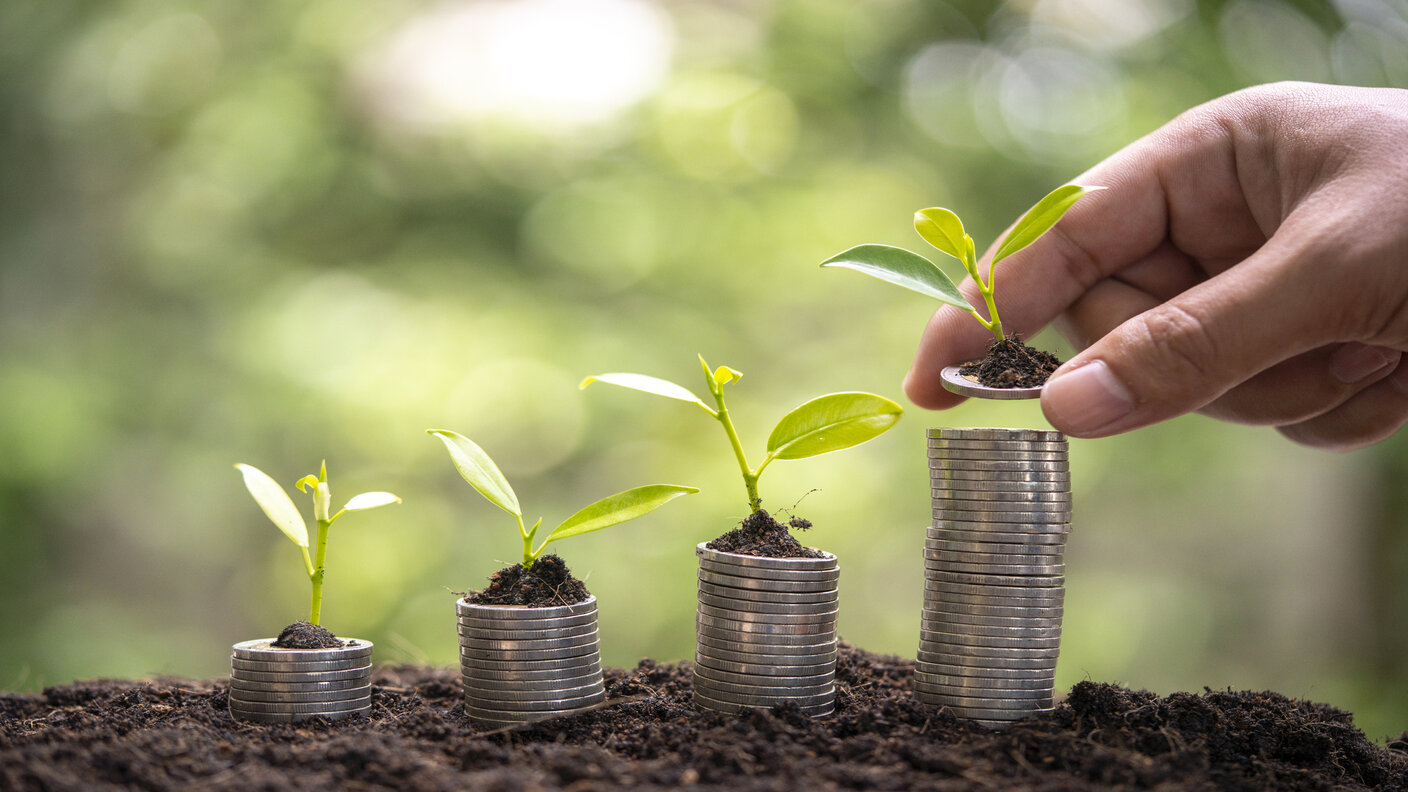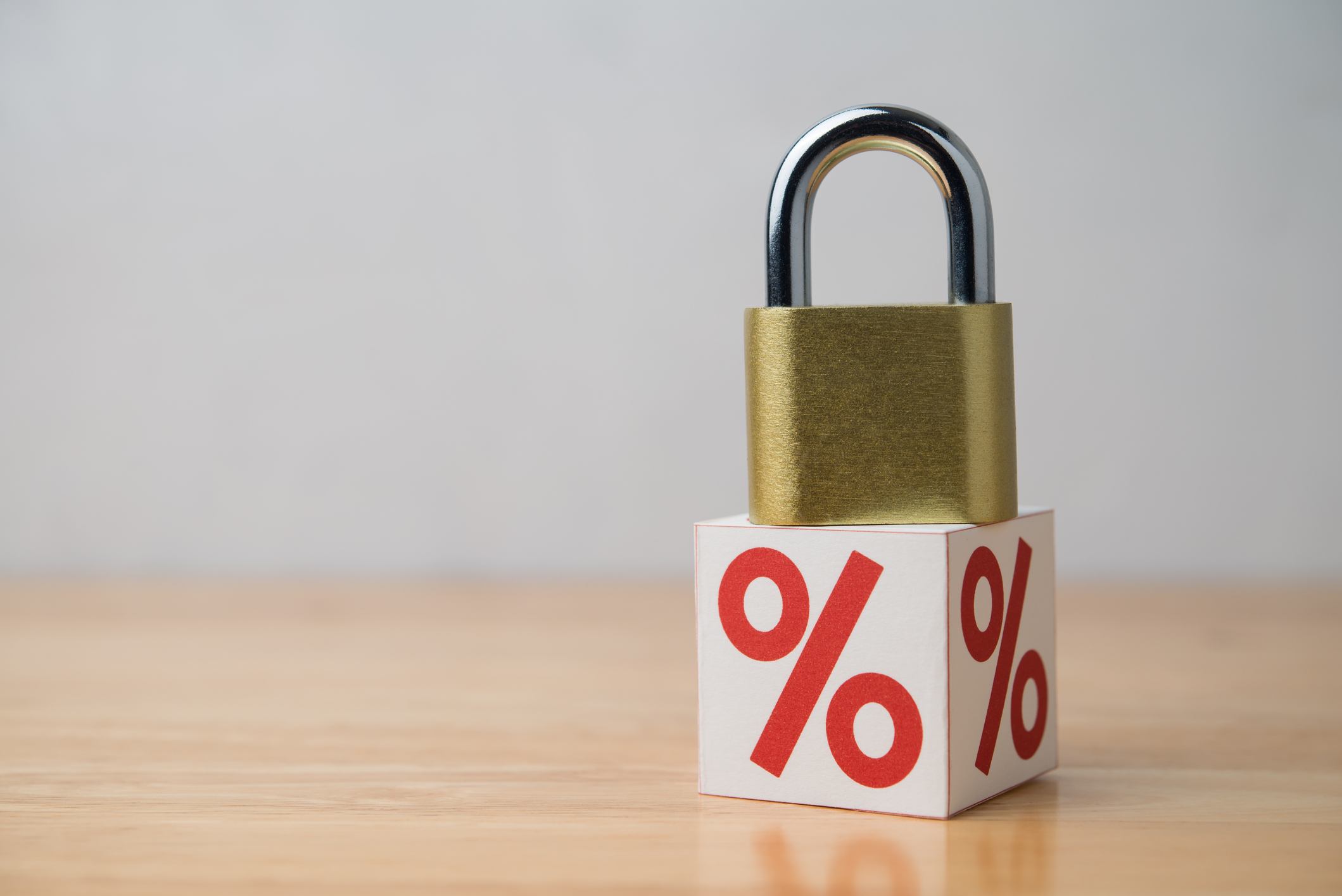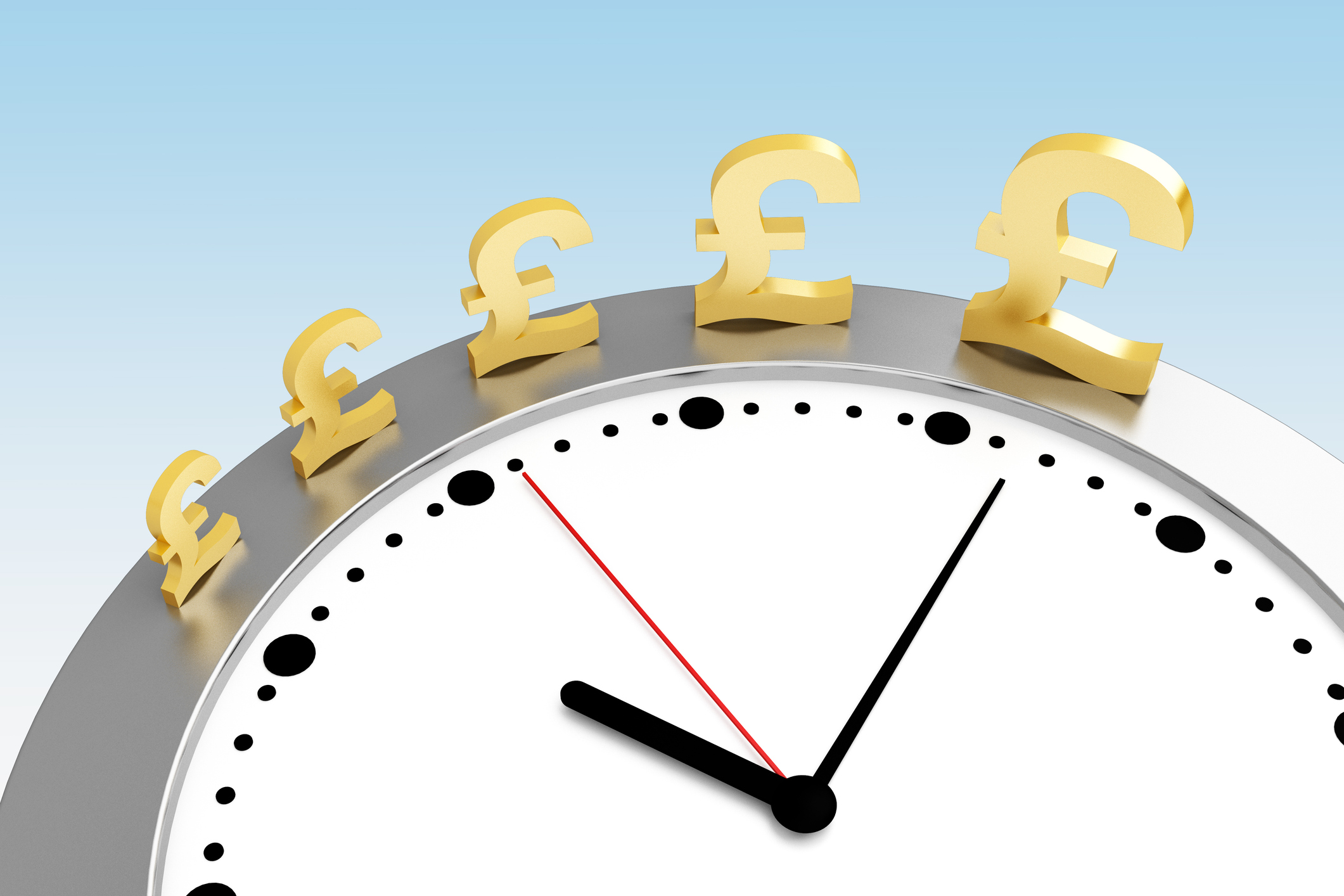NS&I raises rates on its Green Savings Bonds
NS&I has boosted the rate on its Green Savings Bonds as it plays catch up to the savings market


Get the latest financial news, insights and expert analysis from our award-winning MoneyWeek team, to help you understand what really matters when it comes to your finances.
You are now subscribed
Your newsletter sign-up was successful
Want to add more newsletters?

Twice daily
MoneyWeek
Get the latest financial news, insights and expert analysis from our award-winning MoneyWeek team, to help you understand what really matters when it comes to your finances.

Four times a week
Look After My Bills
Sign up to our free money-saving newsletter, filled with the latest news and expert advice to help you find the best tips and deals for managing your bills. Start saving today!
National Savings & Investments (NS&I) has bumped up the interest rate on its Green Savings Bond - up from 3% to 4.2%. The bond is available on a three year fixed term.
The increase follows the government-backed bank’s relaunch of its one-year fixed bonds, as it attempts to bring in more savers and compete with the wider savings markets.
Recently, NS&I also bumped up the interest rate on its Premium Bonds, resulting in more premium bond prizes.
MoneyWeek
Subscribe to MoneyWeek today and get your first six magazine issues absolutely FREE

Sign up to Money Morning
Don't miss the latest investment and personal finances news, market analysis, plus money-saving tips with our free twice-daily newsletter
Don't miss the latest investment and personal finances news, market analysis, plus money-saving tips with our free twice-daily newsletter
Savers have benefitted from better rates on savings accounts over the last few months as the Bank of England’s interest rate rises prompt providers to up their rates.
The green bonds were launched to help finance the green projects.“Customers can save while helping to make the world greener, cleaner and more sustainable,” Ian Ackerley, NS&I chief executive, said.
“The projects include making transport greener, using renewable energy over fossil fuels, preventing pollution, using energy more efficiently, protecting natural resources and adapting to a changing climate.”
Is NS&I’s Green Savings Bond right for me?
To benefit from the 4.2% rate, you will have to be willing to lock your money away for three years.
Fixed-term savings accounts tend to offer better rates than easy-access savings accounts or regular savings accounts, but they won’t be suitable if you need to access your money quickly.
However, if you have more than £85,000 in short-term savings, then NS&I certainly offers better protection as the money is safe with the Treasury backing. Regular banks only offer protection for up to £85,000 of your cash via the Financial Services Compensation Scheme, should a bank go bust.
The best one-year fixed savings accounts offer rates of up to 4.18%, so they might be a better option if you don’t want to part with your money long-term, especially given the rising cost of living.
The rate is competitive among other three year fixed-rate products on the market. The best three-year fixed rate cash Isa offers a rate of 4.11%, while Secure Trust Bank offers a rate of 4.4% on its three-year fixed rate bond.
NS&I first issued its Green Savings Bonds October 2021. As of March 2022, it had achieved sales of around £288m.
How much can you save in NS&I Green Savings Bonds?
The minimum investment is £100, with a maximum investment of £100,000.
There is a 30-day cooling off period if you change your mind, but after that you won’t be able to access your money until maturity.
Interest is calculated daily and added yearly on the investment’s anniversary date, but paid at the end of term.
You can purchase the bond online at nsandi.
Get the latest financial news, insights and expert analysis from our award-winning MoneyWeek team, to help you understand what really matters when it comes to your finances.
Nic studied for a BA in journalism at Cardiff University, and has an MA in magazine journalism from City University. She has previously worked for MoneyWeek.
-
 Should you buy an active ETF?
Should you buy an active ETF?ETFs are often mischaracterised as passive products, but they can be a convenient way to add active management to your portfolio
-
 Power up your pension before 5 April – easy ways to save before the tax year end
Power up your pension before 5 April – easy ways to save before the tax year endWith the end of the tax year looming, pension savers currently have a window to review and maximise what’s going into their retirement funds – we look at how
-
 NS&I February Premium Bonds winners revealed – did you win £1 million?
NS&I February Premium Bonds winners revealed – did you win £1 million?More than 2.7 million historic Premium Bonds prizes are still waiting to be claimed, NS&I says
-
 NS&I cuts interest rates on 8 savings accounts – are they still worth it?
NS&I cuts interest rates on 8 savings accounts – are they still worth it?NS&I will now offer less attractive interest rates for customers wishing to lock their savings away to grow for one, two, three or five years.
-
 Premium Bonds winners announced – did you scoop the September jackpot?
Premium Bonds winners announced – did you scoop the September jackpot?NS&I has announced the winners for September’s Premium Bonds prize draw, with two lucky savers becoming overnight millionaires. Did you win this month?
-
 NS&I announces August 2025 Premium Bonds winners – did you win £1 million jackpot?
NS&I announces August 2025 Premium Bonds winners – did you win £1 million jackpot?NS&I has released details about August 2025’s Premium Bonds jackpot winners. We look at who won a big prize this month
-
 How long does it take to win a Premium Bonds prize?
How long does it take to win a Premium Bonds prize?It could take much longer than you think to win something in the Premium Bonds prize draw
-
 Premium Bond winners – who won the December £1 million jackpot?
Premium Bond winners – who won the December £1 million jackpot?NS&I has unveiled December’s Premium Bond winners. Who bagged the jackpot and what other prizes are on offer?
-
 NS&I cuts Premium Bond prize fund rate to 4%
NS&I cuts Premium Bond prize fund rate to 4%NS&I will reduce the Premium Bond rate from 4.15% to 4% in January, while also cutting the rates on other savings accounts. Are Premium Bonds still worth it?
-
 NS&I to cut Premium Bond prize rate to 4.15%
NS&I to cut Premium Bond prize rate to 4.15%The odds of winning a prize will fall to 22,000 to 1 for the December draw, while NS&I is also slashing the rates on other savings products. We have all the details
